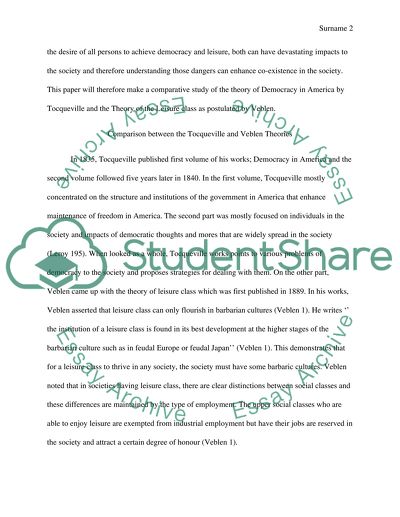Cite this document
(Tocqueville's Theory of Democracy and Veblen's Theory of the Leisure Term Paper, n.d.)
Tocqueville's Theory of Democracy and Veblen's Theory of the Leisure Term Paper. Retrieved from https://studentshare.org/sociology/1593762-political-economy-essay-questions
Tocqueville's Theory of Democracy and Veblen's Theory of the Leisure Term Paper. Retrieved from https://studentshare.org/sociology/1593762-political-economy-essay-questions
(Tocqueville's Theory of Democracy and Veblen'S Theory of the Leisure Term Paper)
Tocqueville's Theory of Democracy and Veblen'S Theory of the Leisure Term Paper. https://studentshare.org/sociology/1593762-political-economy-essay-questions.
Tocqueville's Theory of Democracy and Veblen'S Theory of the Leisure Term Paper. https://studentshare.org/sociology/1593762-political-economy-essay-questions.
“Tocqueville's Theory of Democracy and Veblen'S Theory of the Leisure Term Paper”, n.d. https://studentshare.org/sociology/1593762-political-economy-essay-questions.


